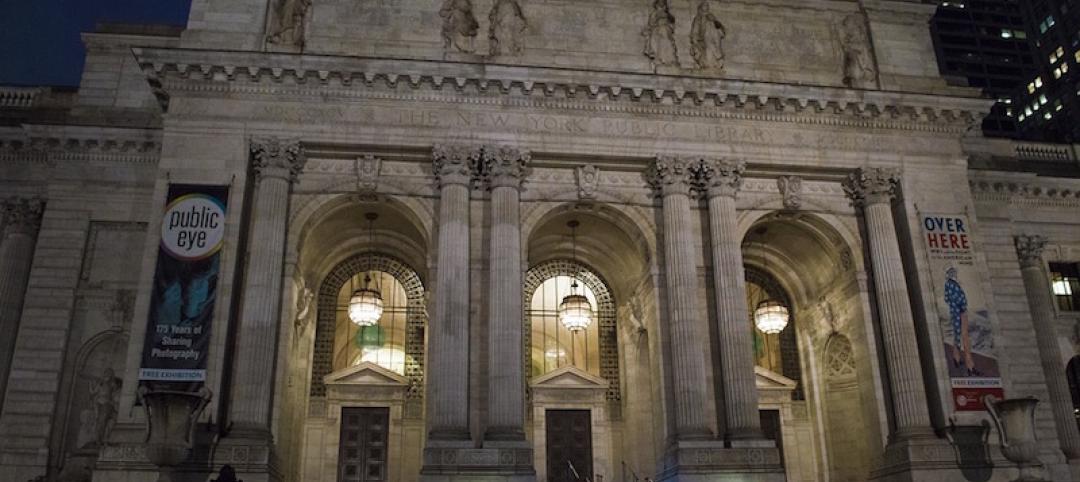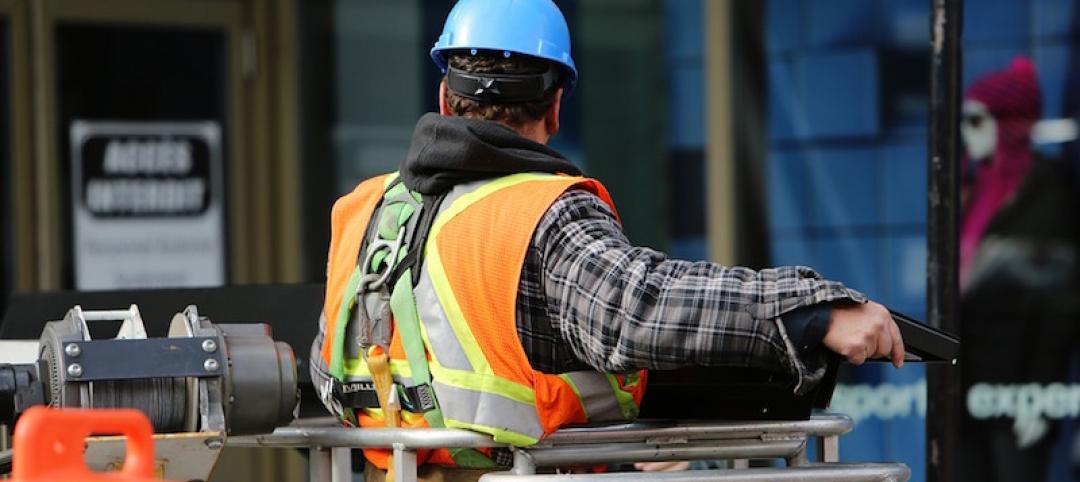Two years ago, a plan to create a smart city project along Toronto’s waterfront was unveiled with great fanfare.
Since then, the proposal, spearheaded by Sidewalk Labs, a subsidiary of Alphabet (Google’s parent company) has prompted extensive public criticism and a lawsuit by the Canadian Civil Liberties Association over data privacy and misuse concerns. The ambitious project was conceived as a showcase for the latest smart city technologies.
The project is to be centered on sustainable and safe transportation systems, and efficient and affordable housing. Technology such as “adaptive traffic lights” would prioritize cyclists and pedestrians and study the possibility of autonomous transit options. Innovative building materials and new occupancy models, like “co-housing”, would offer green, reasonably-priced housing.
With sensors tracking people and vehicles sprinkled throughout the development, privacy rights advocates are concerned that the data could be used for surveillance and discourage people to exercise free speech rights. It didn’t help that at public hearings Sidewalk Labs seemed unable to spell out where this data would be stored and how it would be used.
The company also presented a greatly expanded scope of the proposal from the original 12 acres to a 190-acre area at a public meeting, perhaps misreading the intent of the agreement with the city. These issues have caused delays to the project, but Waterfront Toronto, the city group overseeing it, recently voted to go forward with the 12-acre development.
Other smart city projects around the globe, including in South Korea and India, have been also been plagued by delays and controversies. These challenges indicate that making cities smarter will not be easy.
Related Stories
Codes and Standards | Apr 27, 2017
Extensive list of plug load efficiency utility incentives available for free download
The Dept. of Energy resource is a state-by-state compilation with hundreds of listings.
Codes and Standards | Apr 26, 2017
Chicago commits to 100% renewable power for all city buildings
In doing so, it becomes largest U.S. city to make such a pledge.
Codes and Standards | Apr 25, 2017
Concerns over increased construction costs following Trump executive orders
‘Buy American’ requirement and revised H-1B visa restrictions could raise prices on supplies, labor.
Codes and Standards | Apr 24, 2017
‘Staggering delays, exorbitant costs’ in New York City library, cultural building construction
Study finds significant problems with how city manages capital projects.
Codes and Standards | Apr 20, 2017
California lawmakers have had little success in attracting sports stadiums
Only one of several attempts has had an impact in recent years.
Codes and Standards | Apr 19, 2017
Dept. of Energy releases updated versions of EnergyPlus and OpenStudio building energy modeling tools
The updated versions include full support for variable speed DX coils, enhanced plant auto-sizing, new fan model, and support for non-rectangular windows.
Codes and Standards | Apr 18, 2017
K-12 school daylighting initiative created to promote best practices
Eneref Institute creates networking group of school administrators for ideas to overcome market obstacles.
Codes and Standards | Apr 17, 2017
OSHA delays enforcing crystalline silica standard in construction industry
Enforcement will begin Sept. 23, three months later than planned.
Codes and Standards | Apr 13, 2017
Former OSHA official publishes safety citations on his own
Under Trump orders, agency had stopped issuing ‘shaming’ press releases on major fines and safety violations.
Codes and Standards | Apr 12, 2017
Trump infrastructure task force suggests arbitration to speed projects
Permitting process could be reduced from 10 years to 2 years under the proposal.

















